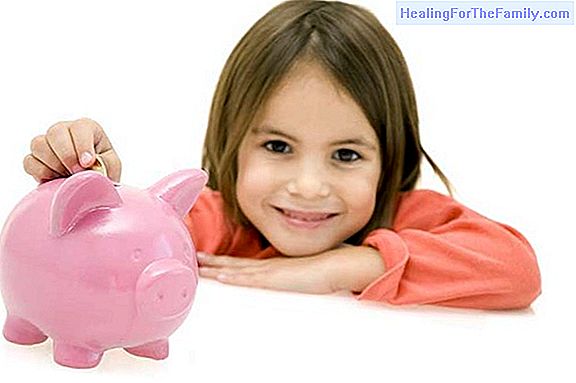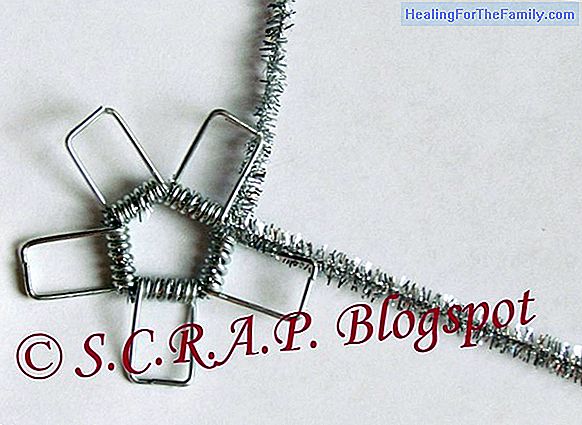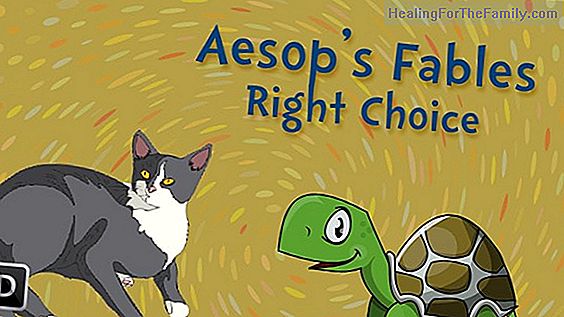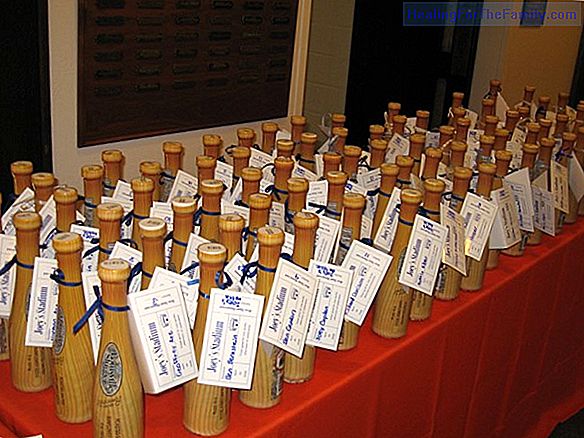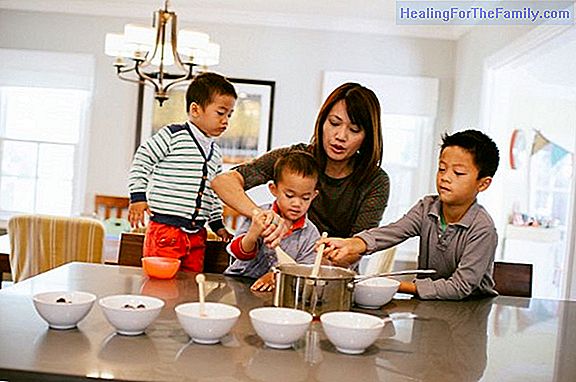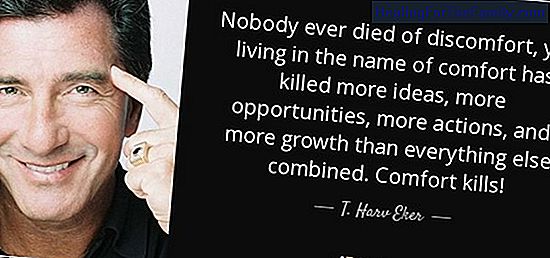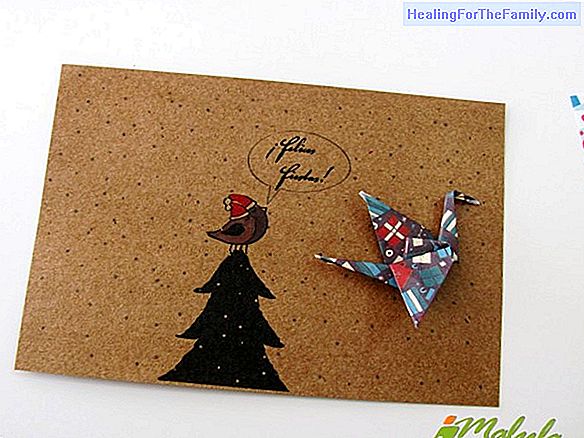The feeling of guilt after punishing the children
A way of learning that is inherited generation after generation is to educate in guilt; that is, they make us feel guilty for what we had done. This is a fast and deep-rooted mode of punishment that is hard to get rid of, even though it has a background that we can not see at first glance, which aff
A way of learning that is inherited generation after generation is to educate in guilt; that is, they make us feel guilty for what we had done. This is a fast and deep-rooted mode of punishment that is hard to get rid of, even though it has a background that we can not see at first glance, which affects our personality throughout our lives.
Just as we receive this education, we continue to teach it, and when the behavior of our children makes us scream in heaven and block us rationally, it leads us to make wrong decisions, those in which one has just finished pronouncing the Words are already regretting. That's when the guilt goes up to the hump and accompanies us without rest.
How to manage the feeling of guilt when educating the children
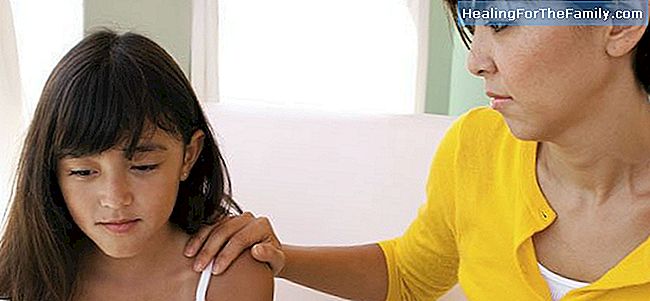
1- There is no need to martyrize, we are all human and at a given moment things can get out of hand, so, although it is essential to take our mistakes, and even ask for forgiveness from our children (something very necessary if we want them to learn to ask for it), it is not necessary to flagellate ourselves daily until we tear our flesh.
2- When we have gone through punishment, either physical or psychological (both equally malignant for the development of the child), if possible, we must amend what has been done, that is, loosen the punishment but always explaining to our children the why of that decision. It is not becoming softer, but teaching them that we can all make mistakes and that we try to be great parents, but that we are also human and, in many cases, we have the same feelings of anger as them.
3- Do not blame the children of our actions with phrases like: "You take me to do these things", "I'll stop wanting you to do that", because then we'll be repeating the same mistakes they made with us, but to make them understand our position and encourage empathy with them, in order to avoid the distance that the punishment produces.
4- Guilt can be good when it makes us not repeat the mistakes made, when it leads us to reflect on our actions and to look for new alternatives and solutions to conflicts. We must resolve conflicts with children, not through fear of punishment or abandonment of parents for not complying with the rules, but to teach them to reflect and to know why these behaviors should not be admitted. When the child is able to assimilate that his behavior leads to harm, it is when he will really be learning to respect and will not repeat it again. La 5- Guilt, however, must last in our mind just and necessary.
We must be aware of our limitations as parents and when we do not see ourselves capable of resolving a conflict , try to calm down and reflect on what decision we are going to make about it.Always keep in mind that it is about educating and correcting them, not that they suffer, nor do you. So next time you try to do several breaths before you have to repent, and if you can not, look at your good side and try to learn from that guilt. It is a hard method of learning, but after all, something good must have.
Patricia Fernández . Editor of Guiainfantil.com


